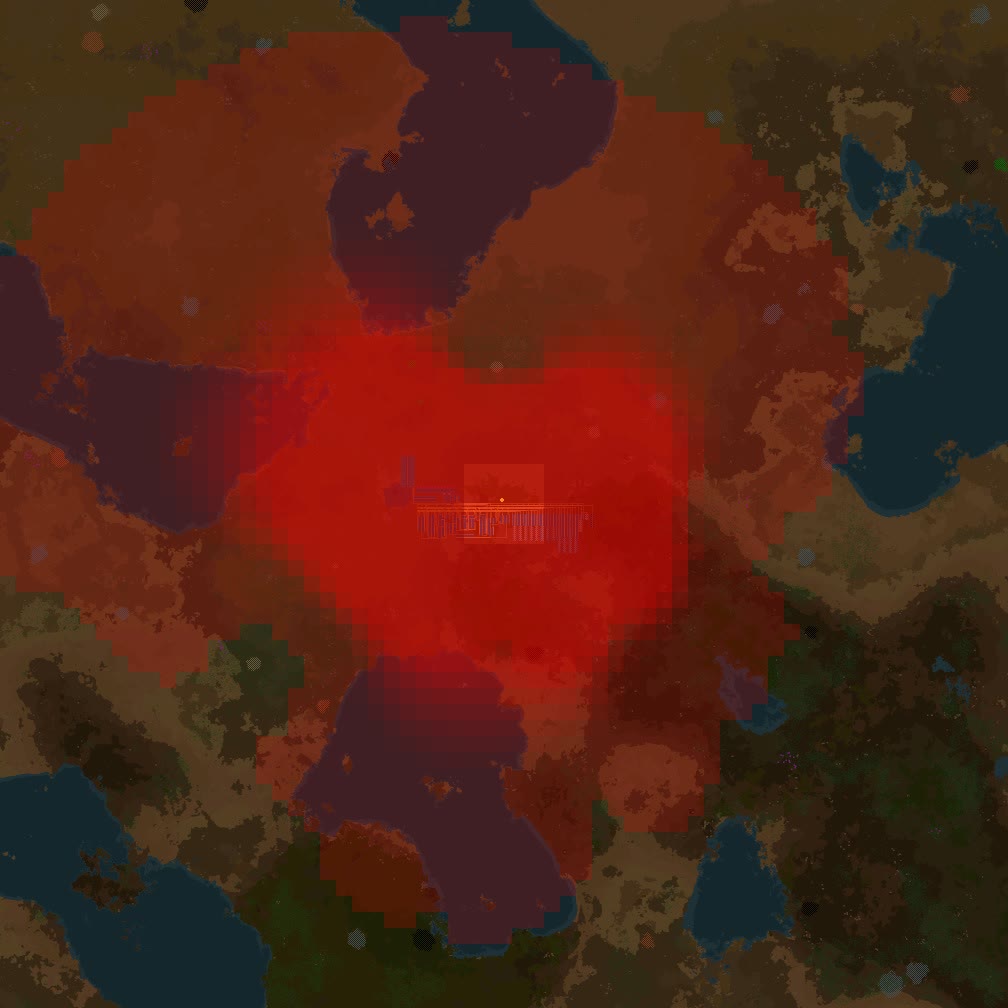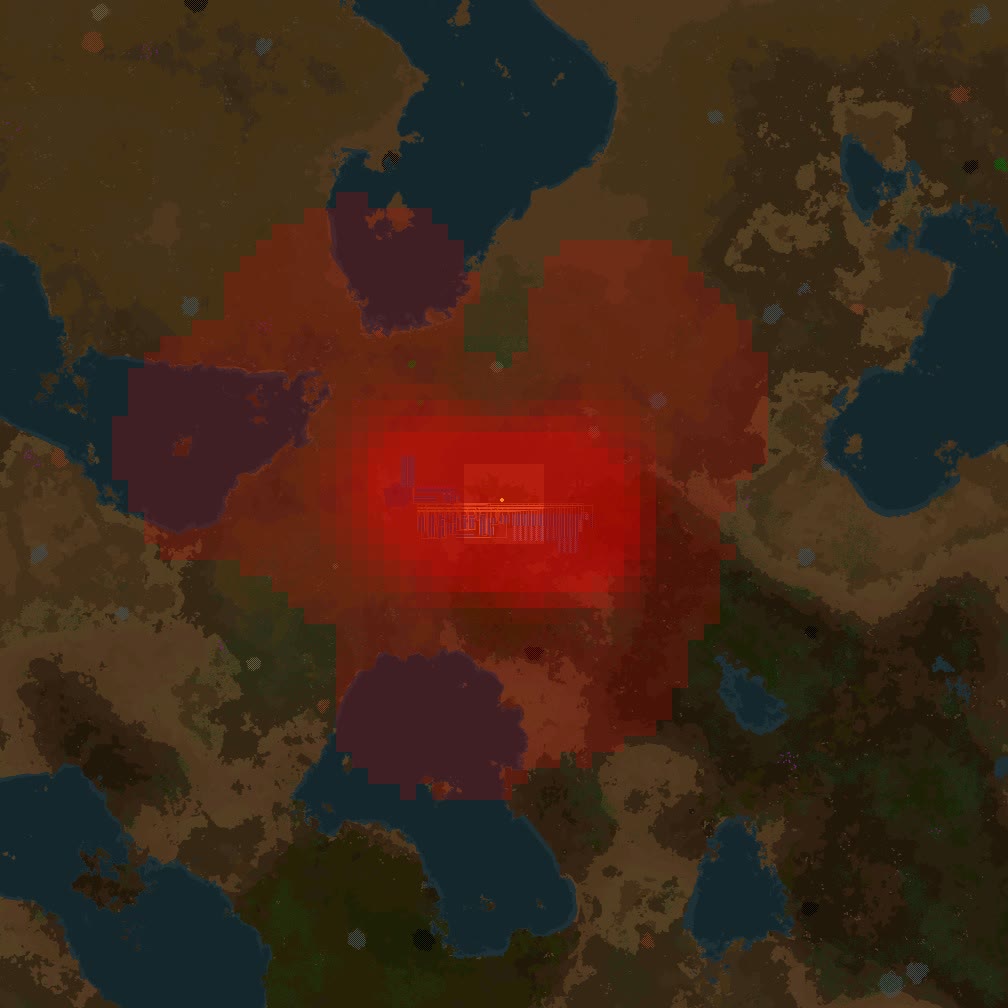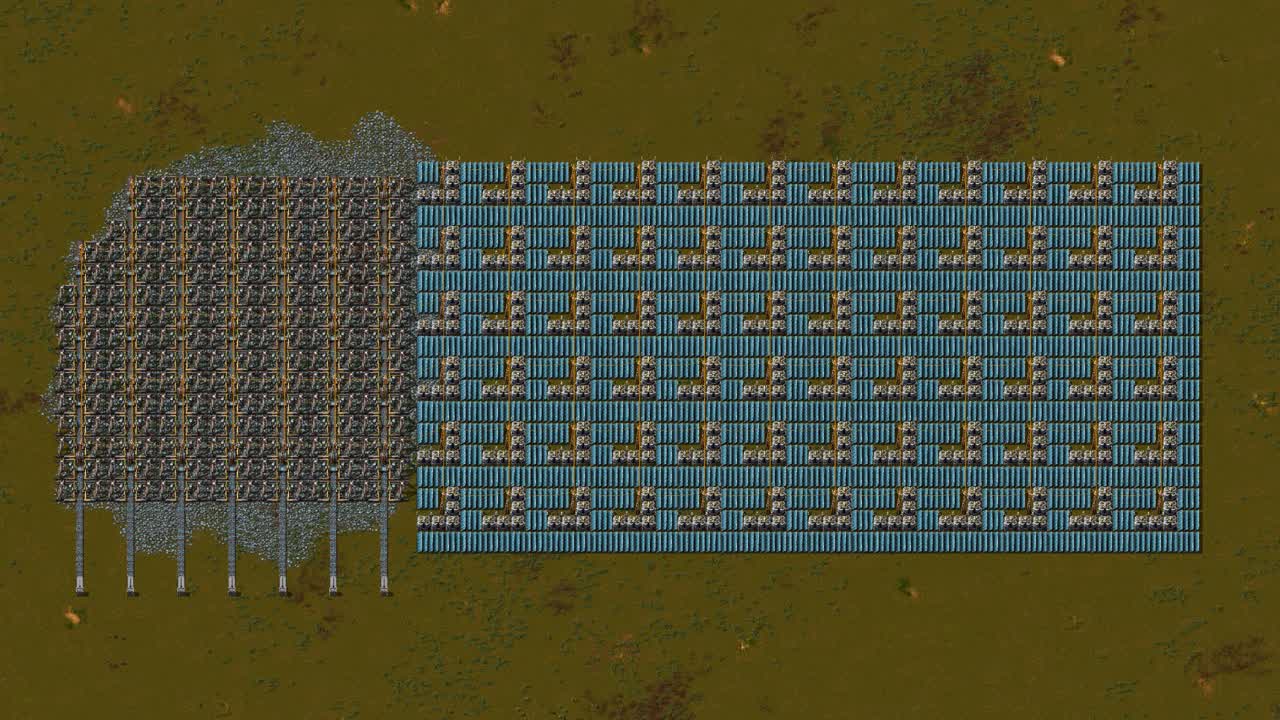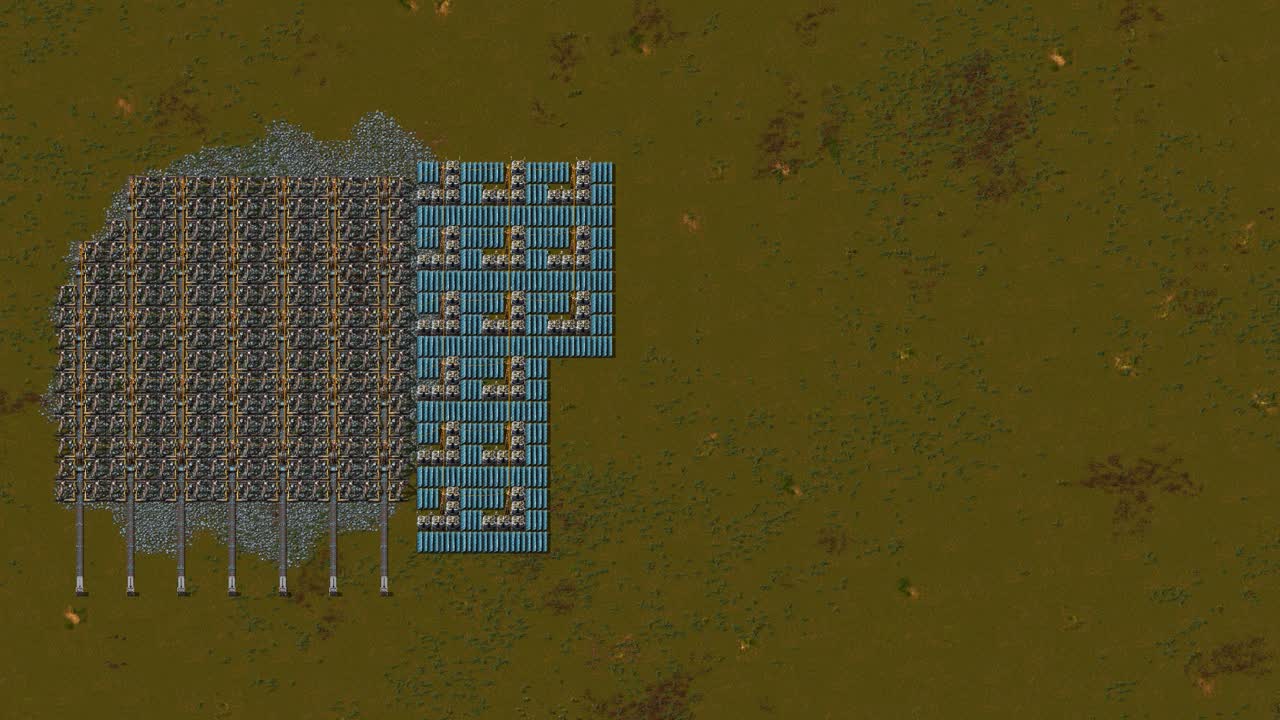Alt-F4 #25 - Efficiency, Efficiency, Efficiency! 26-02-2021

In this silver birthday issue of Alt-F4, TheKool returns for this third and final instalment of his series about modules. In it, he covers efficiency modules by talking about the theory and then presenting a real(ish)-world experiment!
Complexity Corner: Efficiency Modules The Kool
This week, we’re on to the third edition of Complexity Corner! If you haven’t been following along, I suggest you first read my previous articles about productivity and speed modules because we’ll be continuing the series today by talking about the last of the three modules: The efficiency modules. As always with these articles, we’ll take a look at three questions: “What is it?”, “What results can it give?”, and “Where should it be used?”. Our goal is to show those of you who are hesitant to begin using these mechanics that they are super easy to get started with.
What are efficiency modules?
Like the other two modules, efficiency modules can be placed into buildings to change how they operate. Like speed modules, efficiency modules can be placed in both machines and beacons. Unlike both speed and productivity modules though, efficiency modules only have a single effect, with no direct drawbacks or side-effects. Well, it’s actually one effect that has two benefits: They reduce how much power the building takes to operate, which also reduces the pollution it produces.
What results can they give?
While they can reduce the strain on a power network that has been pushed to its limit, or save you resources by not having to make anywhere near as many power producers, the main benefit is reduced pollution. A rather large pollution reduction. A single efficiency 1 module reduces power and pollution by a staggering 30%! An important note however is that each machine can only benefit from a maximum of 80% reduction, so keep that in mind when you’re making use of them.
Many theory-crafters like to assume clean energy for the entire factory. That is, all the power comes from solar, which has no pollution. The truth is that for many of us, we spend much of a playthrough relying on steam or nuclear, both of which create pollution (though nuclear does so indirectly through the fuel cell creation). In fact, many of us never completely rely on solar. This means that the reduced power usage also leads to reduced pollution from power generation.
Even if you do generate all your power from solar, efficiency modules will still reduce pollution made by the machines themselves. For those that don’t know, some machines produce pollution on their own, regardless of where they get their electrical power from. However, this pollution rate is also affected by the power usage multiplier. This means that if your machine is using 60% less power because of efficiency modules, it is also producing 60% less direct pollution. For example, an Assembly Machine 2 with two Efficiency 1 modules would only produce 1.2 pollution per minute, down from the normal value of 3 per minute.
To show the effect efficiency modules can have on your pollution cloud, I used the editor to design and build a factory that is roughly the size of an average player’s pre-rocket factory, maybe even a bit smaller. It makes 45 SPM, produces all its power from solid fuel and steam, and uses mid-tier machines (steel furnaces, electric mining drills, Mk2 assemblers). I placed this complete factory on a map with no pollution and let it run for ten hours, then took a screenshot of the pollution cloud. Next, I reloaded the map with no pollution, placed the base down again, and this time added efficiency modules before running it for ten hours. You can see for yourself how much smaller the pollution cloud is.
Where should they be used?
There are many reasons for using efficiency modules, and they can benefit any factory, but the main three use cases are Death worlds, mining outposts, and solar fields. Let’s go into these in a little more detail.
-
Death worlds can be pretty tough, but it’s important to remember that if you can keep the nests out of your pollution cloud, you get far fewer and smaller attack waves, as we explored in Alt-F4 #10. Why go on difficult conquests to clear your cloud when you can just have a smaller cloud?
-
Mining drills have one of the highest pollution rates of any machine in the game, so a large mining outpost could easily be putting out more pollution than your entire main factory. If you fill them with efficiency 1 modules, your entire outpost produces 80% less pollution, making it much easier to defend.
-
Solar fields can be downright massive, and fairly expensive to set up. If your factory is full of efficiency modules, it can wind up using less than half the power, which means a solar field that’s less than half the size!
Because efficiency modules don’t have a direct drawback, they are a great thing to just toss in wherever you have free slots. Nothing but benefits await, the only costs are a few red and green circuits. As with any module, or even solar panels and accumulators, a true full analysis of the costs and benefits should include the material and energy costs to create it in the first place. While that’s well beyond the scope of this series, a few Reddit users such as Antun789 have taken a pass at it. Feel free to take a look at their work, and perhaps add your own pages. I know I plan to add a few!
Finally, because you can usually hit the 80% maximum benefit from just tier 1 modules, many people jump to the conclusion that the higher tier efficiency modules are useless. That isn’t true, as they can be combined with other high-tier modules to offset their drawbacks, but that’s a discussion for another day. Until then, I’ll see you on the factory floor!
Contributing
As always, we’re looking for people that want to contribute to Alt-F4, be it by submitting an article or by helping with translation. If you have something interesting in mind that you want to share with the community in a polished way, this is the place to do it. If you’re not too sure about it we’ll gladly help by discussing content ideas and structure questions. If that sounds like something that’s up your alley, join the Discord to get started!



